H
hkskyline
Guest
This 2-block complex of high-end restaurants, mostly lodged in refurbished traditional Shanghainese stone-frame housing, is the first phase of an urban renewal project covering 52 hectares that resulted in the relocation of 3,500 families. Busloads of domestic Chinese tourists traipse through in the evenings, Western visitors feel like they've never left home, and hip young Shanghainese flood here to enjoy the good life they feel they're due.
More photos : www.geocities.com/asiaglo...ai-bar.htm
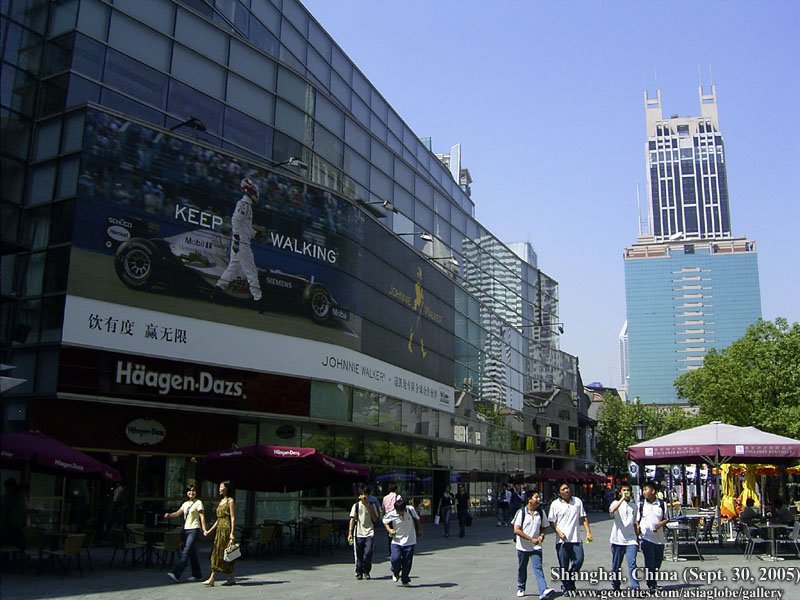
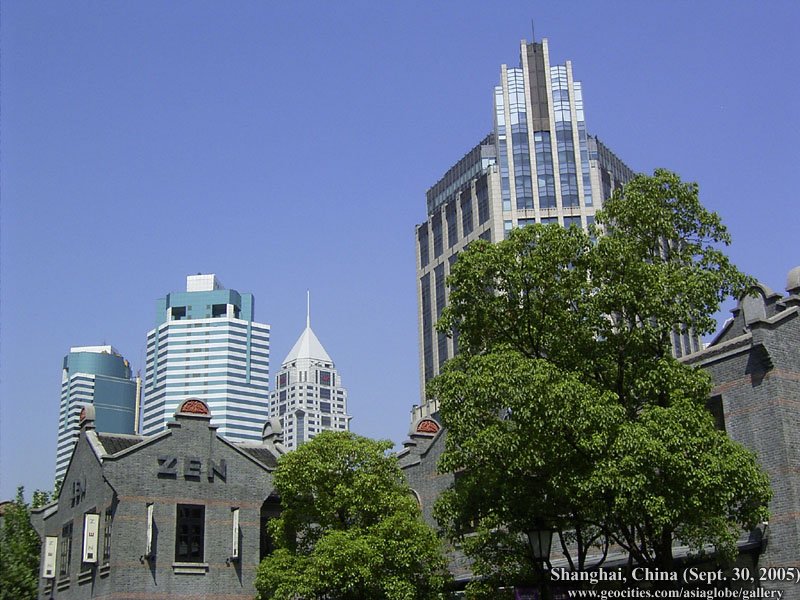
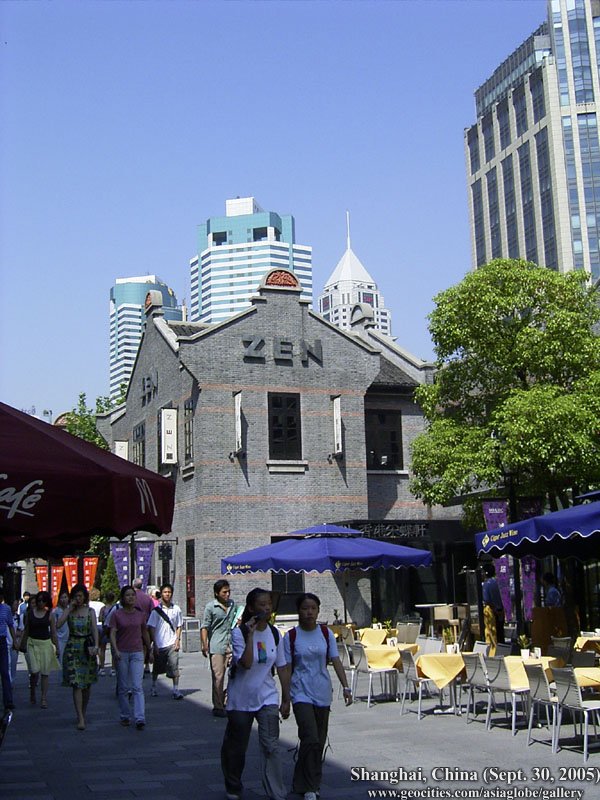
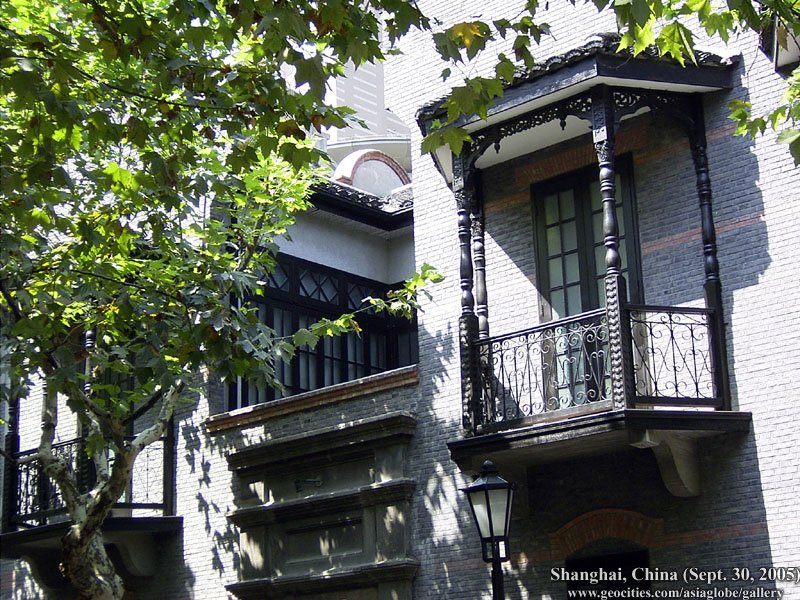

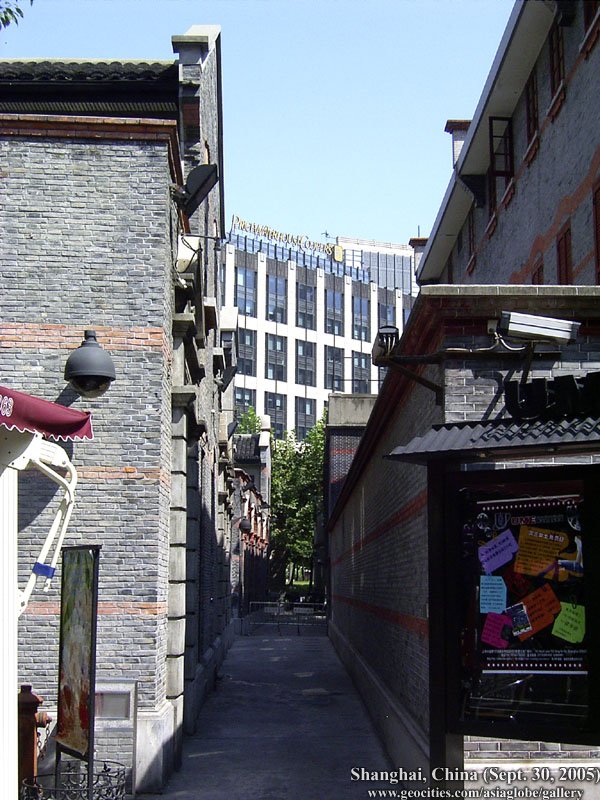
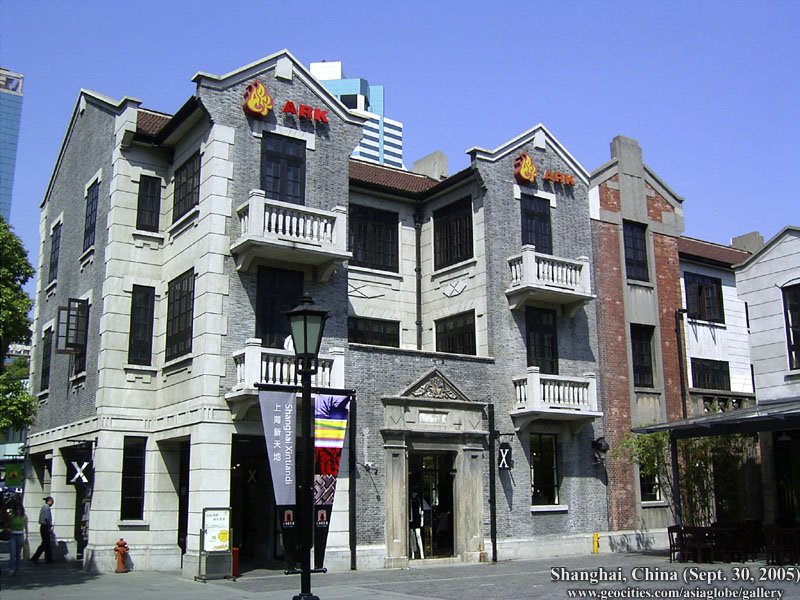
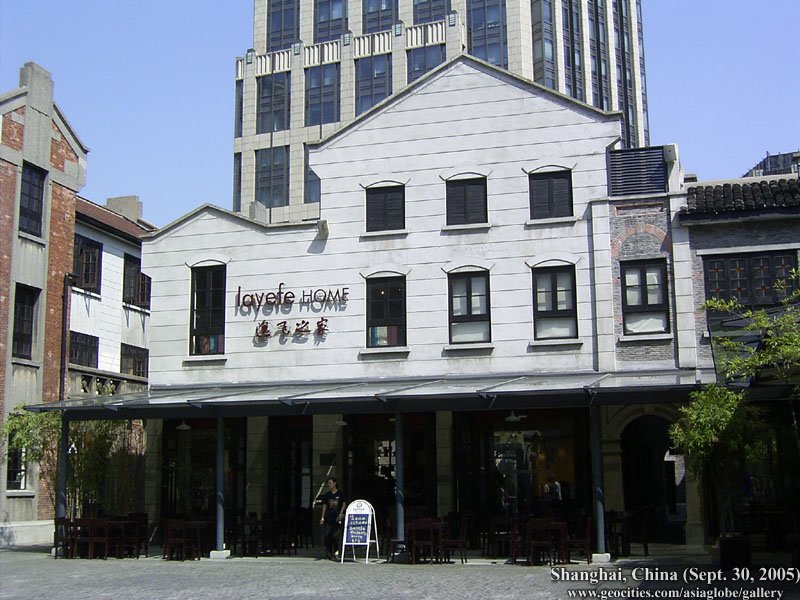
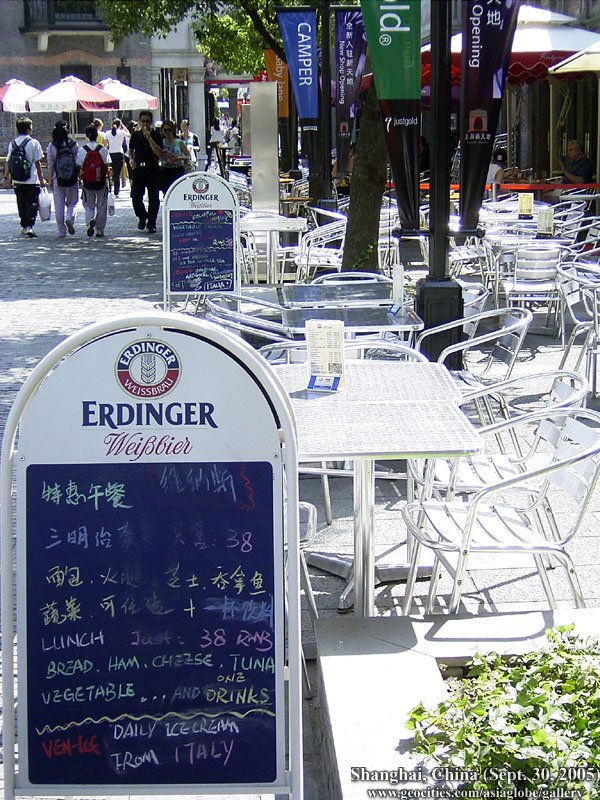
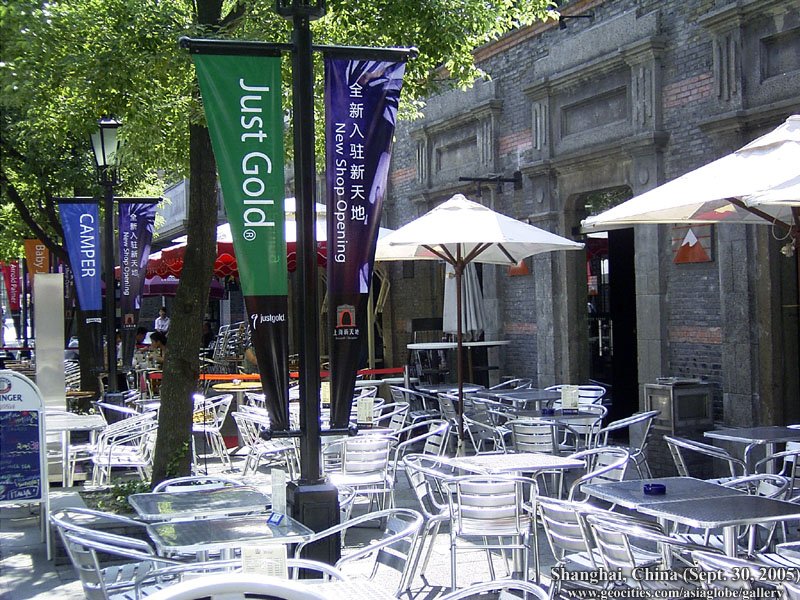
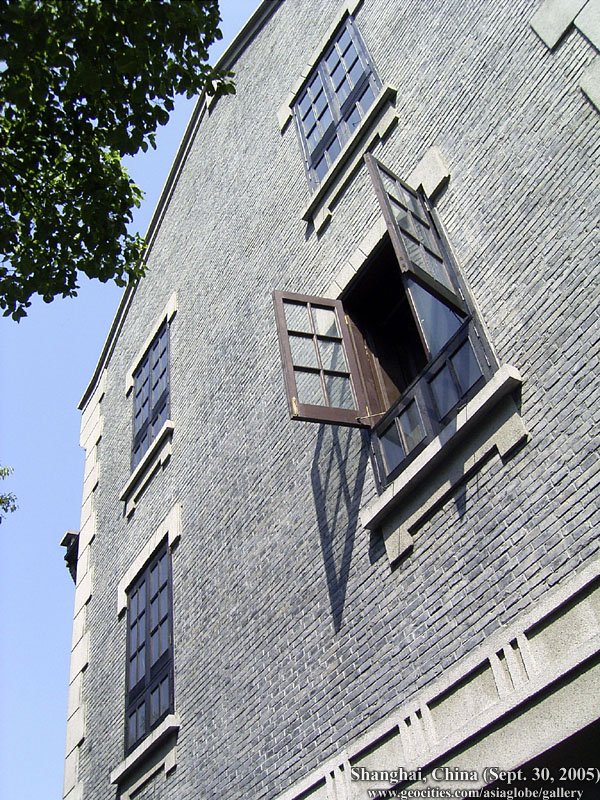
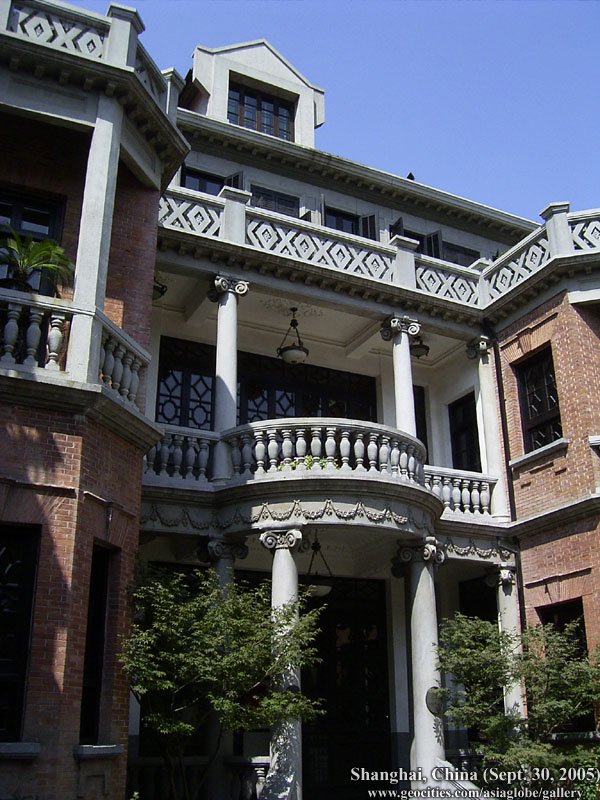

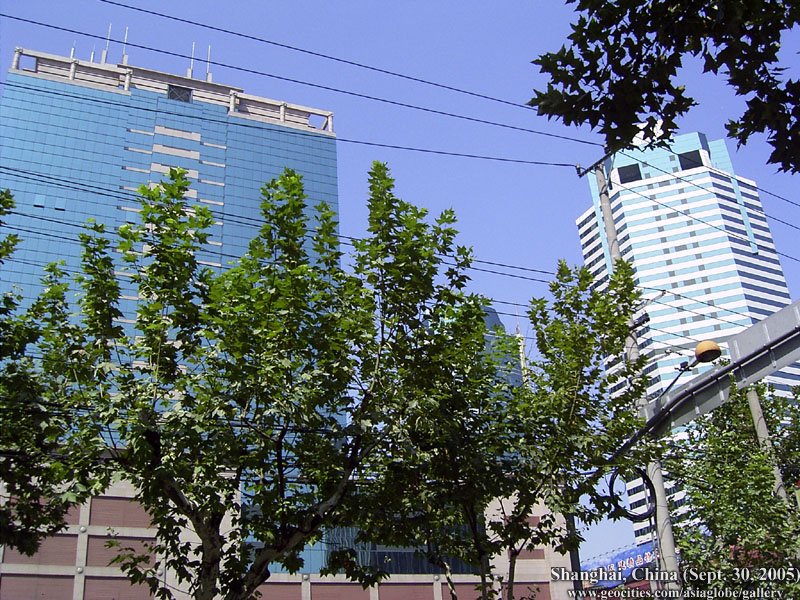
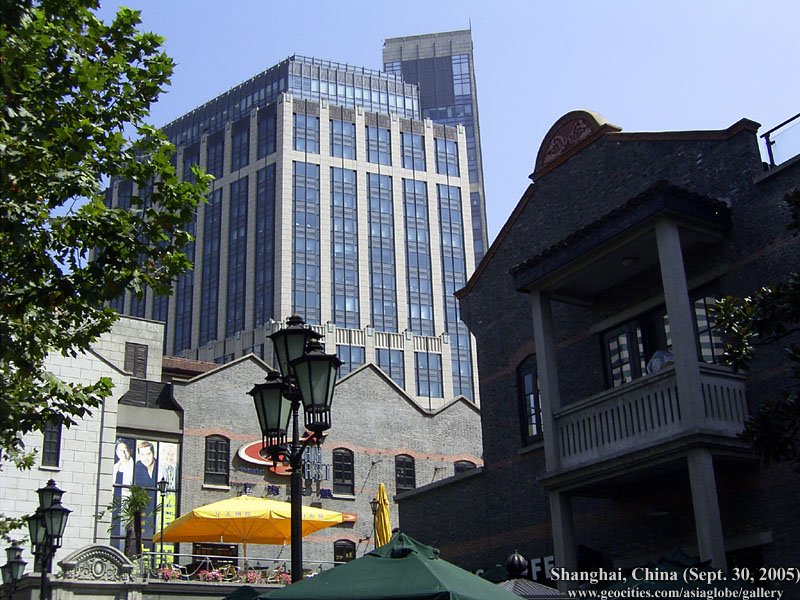
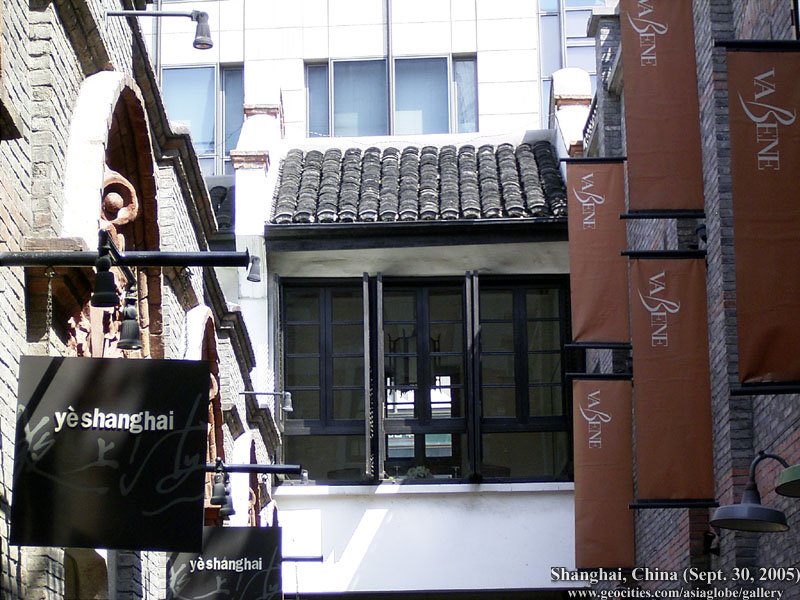
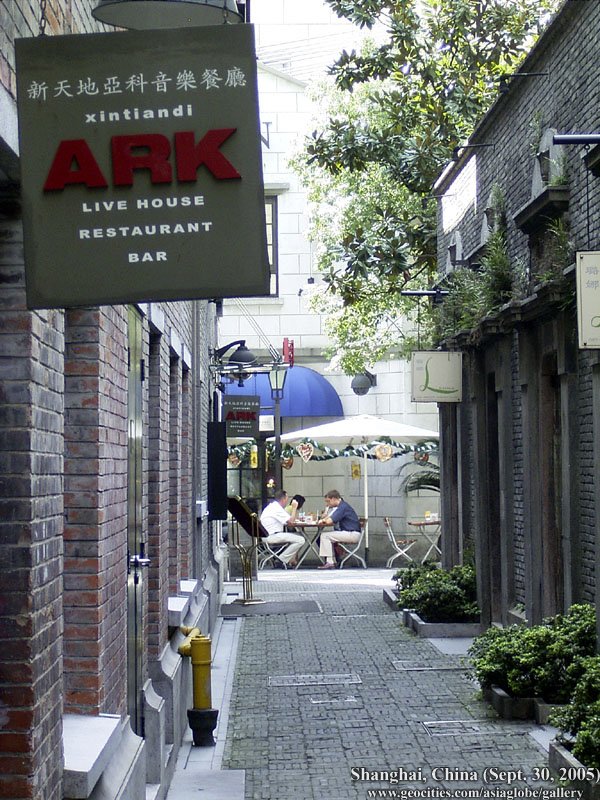
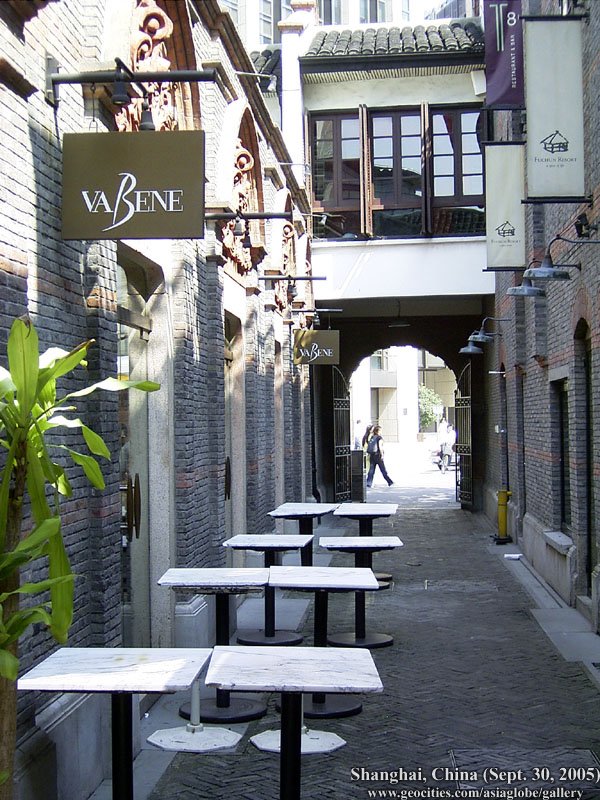
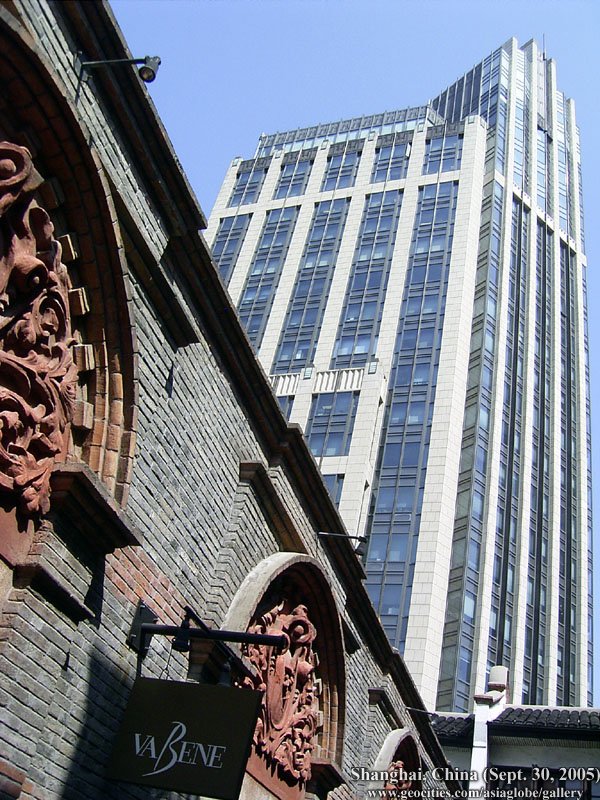
Although the redevelopment work is quite nice, I'm not a big fan of these bar districts. This is Shanghai, and these bars make it no different than any other typical Western city. If the world will become so homogeneous then there really isn't an incentive to travel anymore.
More photos : www.geocities.com/asiaglo...ai-bar.htm



















Although the redevelopment work is quite nice, I'm not a big fan of these bar districts. This is Shanghai, and these bars make it no different than any other typical Western city. If the world will become so homogeneous then there really isn't an incentive to travel anymore.




